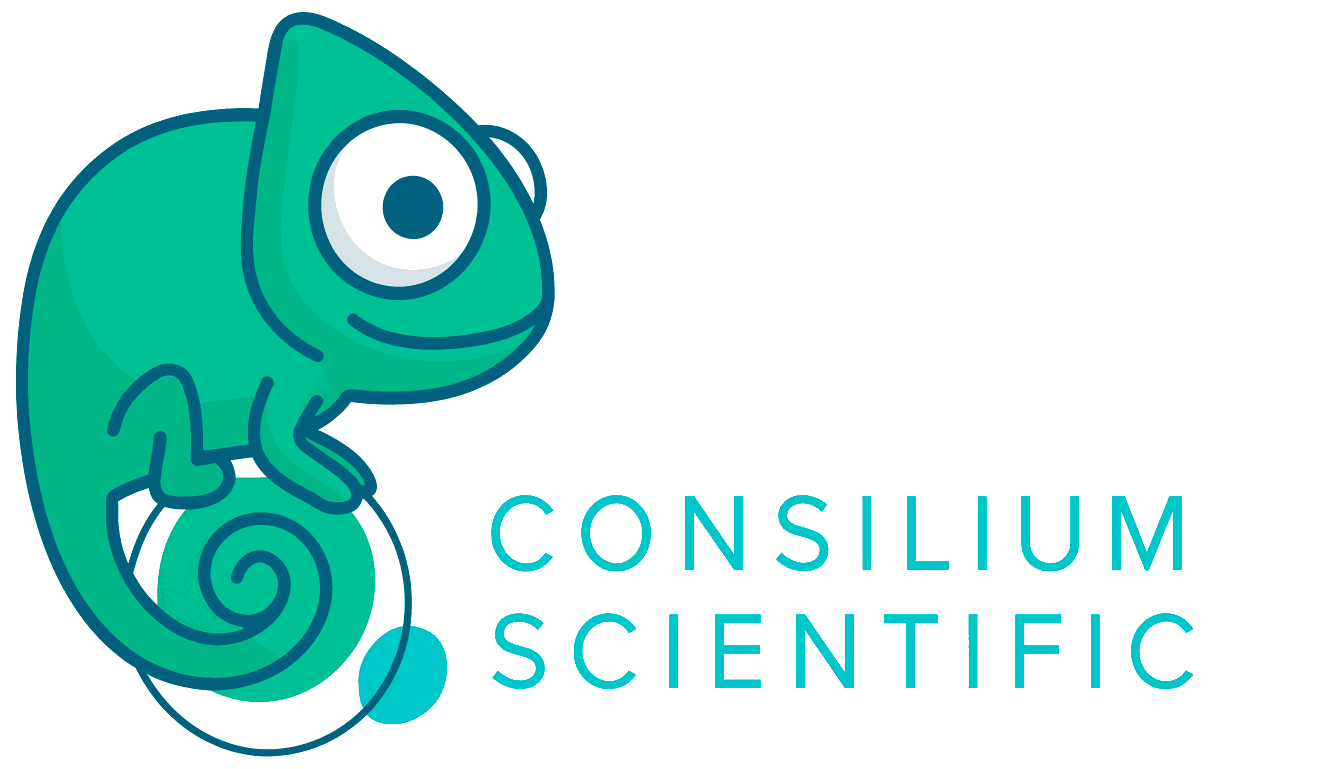Bishal Gyawali, MD, PhD is an associate professor in medical oncology and public health sciences and scientist in the Division of Cancer Care and Epidemiology, in Queen’s University, Kingston, Canada . He is also an affiliated faculty at the Program On Regulation, Therapeutics and Law in the Department of Medicine at Brigham and Women's Hospital, Boston, USA. He is also a member of the WHO Essential Medicine List for Cancer Drugs (2020-), ASCO’s Health Equity and Outcomes Committee (2021-2024), ESMO Global Policy Committee (2021-2022), ESMO-Magnitude of Clinical Benefit Scale working group (2019-) and ESMO-MCBS Quality of Life working group (2020-). Dr. Gyawali is also currently serving as a research consultant to the Nepal Health Research Council (2020-) and has previously served as a medical consultant for the not-for-profit Anticancer Fund, Belgium (2016-2018). He is in the editorial and advisory board for multiple medicine and oncology journals including Cell, JCO Global Oncology, JCO Oncology Practice and ecancer, has authored or co-authored more than a hundred peer-reviewed articles and is the recipient of the 2020 ASCO Conquer Cancer Foundation Global Oncology Young Investigator Award in Implementation Science. He was also awarded by the Government of Nepal with Young Health Researcher Award in 2020
Dr. Gyawali’s areas of academic interests include cancer policy, evidence-based oncology, financial toxicities of cancer treatment, clinical trial methods, supportive care, and global oncology. He is an advocate of "cancer groundshot", a term he coined to imply that investment should be made on proven high-value interventions in cancer care that are easy to implement globally and are affordable. His research works involve health technology assessment impacting approval and funding decisions for cancer drugs, cancer policy including study of the economic consequences of cancer therapies and addressing disparities in cancer care. His research works have helped identify flaws in design of clinical trials that do not benefit patients or lead to misleading conclusions and identify low-value cancer drugs. These are tied to policy issues that help prioritize high-value interventions for patients, and help in shared understanding of risks and benefits of cancer therapeutics.
Dr. Gyawali tweets at @oncology_bg.
| 26.08.2021 | Is evidence-based medicine being hijacked in oncology? |
| Video | Slides | |
